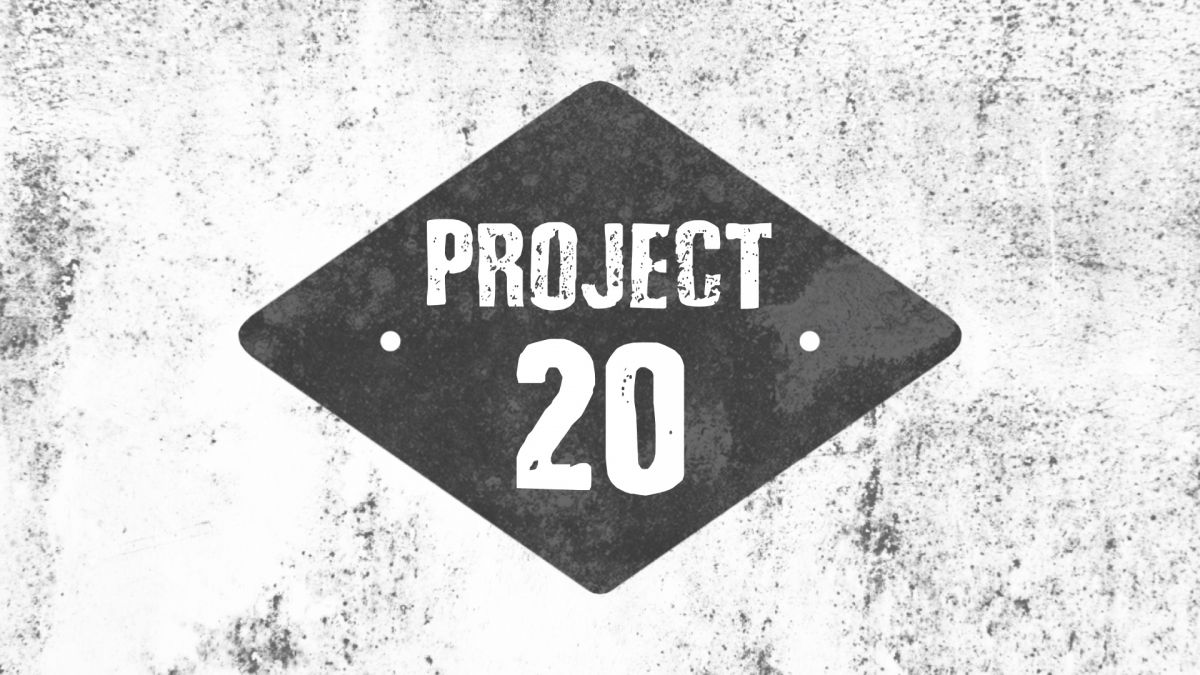The Art of Listening

Copyright: Jon Stegenga, Humanizing Through Story
Did you watch the news story? It was covered on every channel and from every political bias. Depending on the slant of our chosen news source, we all started getting angry with another group of people or what those people represent. We all started to get mad at the “other side.”
The story I am referring to centered on an exchange between a Catholic School boy and a Native American activist. Kentucky’s Covington High School took some students to March in the Rally for Life event that took place in Washington D.C. The group of students found themselves the focus of a couple of incidents. First there was a black religious sect who verbally assaulted the students and then a Native American activist engaged the students while singing and beating a drum.
I’m not interested in assigning blame or even stating a political opinion in this venue.
There was a great deal wrong with the story, and the media manipulated the information to give us the stories they felt we wanted to hear. It created sadness for sure, but that’s not why I bring this up.
I have a growing concern these days. It’s not the media or the divide between political parties or the role of social media to incite emotion. My concerns are closer to home.
I wonder if as a society we are losing the ability to listen.
Maybe at first that doesn’t concern you. In this age where we value making statements, where our desire is to be heard above all else; we might overlook a warning flag about listening. But what if we play this out?
If we lose the art of listening then we are dangerously close to losing our ability to be taught. After all, can you teach someone who does not listen? And if we lose the ability to listen and the ability to be taught, then guess what? We have lost our ability to learn. Can one learn without listening or being taught?
Can you imagine being in a society that has lost our ability to learn? What a mess.
Do you know when I have a difficult time listening? When I think I already know everything on the topic. When I become so prideful about what I know, nobody can tell me anything on that topic. Or when my pride is so strong, I would rather attack you than hear from you.
In the story cited above, everybody came to the table with an agenda, with an opinion. Nobody wanted to listen but everybody wanted to be heard. Even more than being heard, everybody wanted to be viewed as right and the only “win” in the situation was for agreement to take place.
Honestly, I am not sure I agree with any of the people in the story that dominated our news cycle last week. So if I would have been present, all parties could have yelled at me. Again, my point isn’t to embrace a political position in our current climate but about learning to embrace a listening position.
So in an effort to listen better a set of guidelines might be helpful.
1. Listening is the most effective form of communication.
Communication is not just about hearing the words being said, it is about understanding the emotions and the reasons, the context of what is being said. It is about listening so intently that we can discern effectively. Listening is how we truly begin to unpack the motives, hurts, and insecurities of those who are talking.
2. Silence does not mean agreement.
The hardest thing in the world is to be right and not hurt anybody with it.
It is okay to live in a relationship where someone is wrong. You do not have to agree on all things, even on most things, in order to stay in a relationship. Sometimes one of the best strategies is just to remain silent. Walk away knowing you have just been given a gift of understanding a little more about the person you do no agree with.
Romans 12:18 (NIV84) 18 If it is possible, as far as it depends on you, live at peace with everyone.
Sometimes, this is best done in silence.
3. Agreeing to disagree is a good play.
This is not a competition. You don’t have to convert people to your opinion and the one with the greatest number of converts doesn’t win. If you cannot disagree with someone and still keep a good relationship with each other, then how is that relationship like Jesus? Jesus had relationships with all kinds of people who disagreed with him, lived counter to his teachings, and didn’t believe he was who he said he was. And yet, he was able to relate to a wide variety of people.
I was in a political conversation the other day. That is always dangerous! I did not agree with the perspective of the person speaking. I didn’t agree with the statistics cited, the political reasoning shared or the criticism of the party I tend to align with. It was one of those conversations where it was evident we were getting our news from different sources. But I listened. I wasn’t asked what I thought or what my opinion was. I just listened. When the diatribe was over I was grateful for the insight I gained. I left the conversation unconvinced of their political opinions but I learned a great deal about what was important to that person.
So what would you add to the listening guidelines?
How can you be better at listening?
Where are the places your listening goes off the rails?
Do you know how the chapter begins, the first words out of Paul’s pen?
Romans 14:1 (NRSV) Welcome those who are weak in faith, but not for the purpose of quarreling over opinions.
See you Sunday!
Pastor Tom Harding
